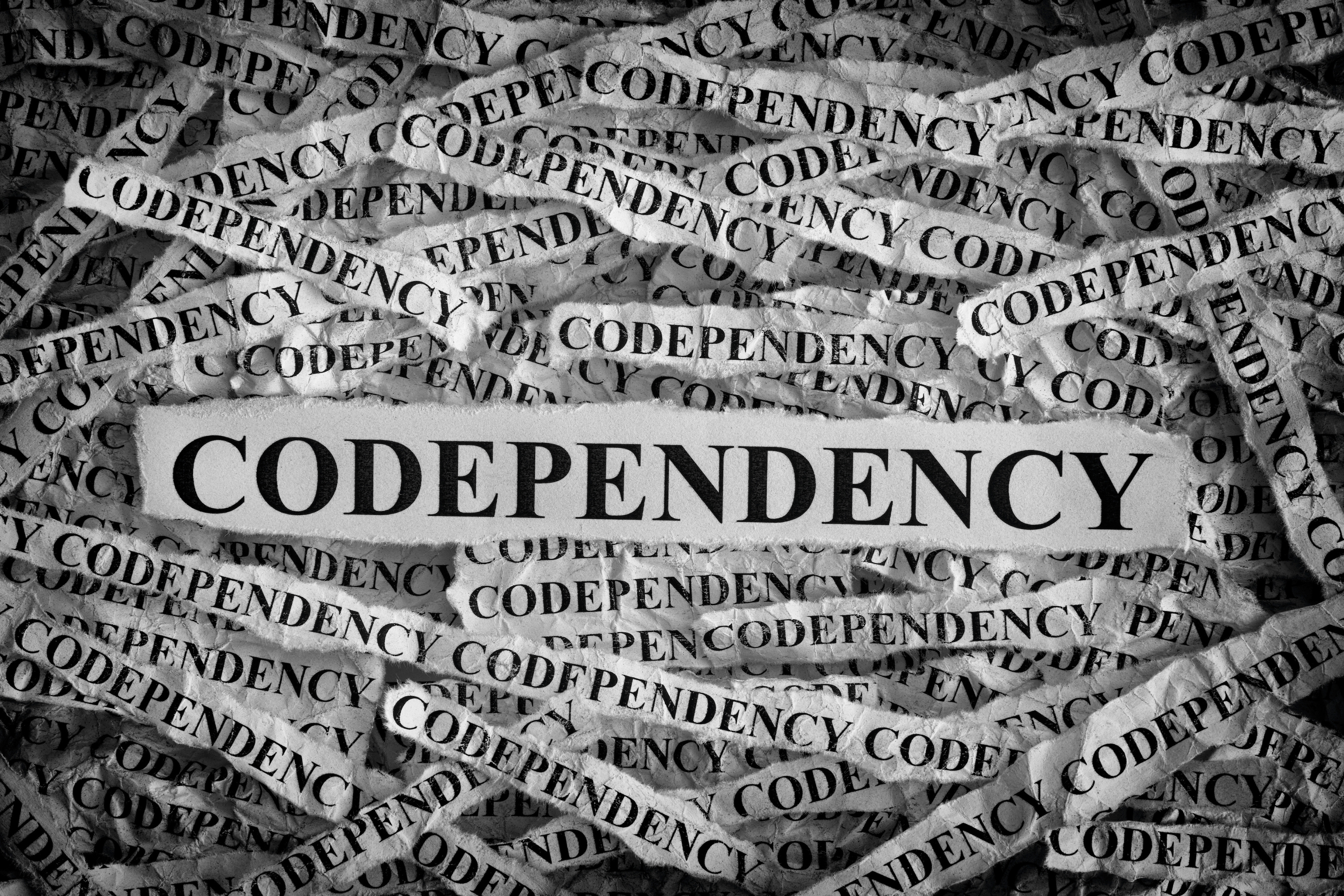CoDependency and Parenting
Codependency is often a factor in families where alcoholism or drug abuse are issues. Codependent parents can have difficulty asserting themselves and setting firm, consistent and reasonable limits when parenting their children. Consequently their children are often out of control and their behaviors are difficult to manage. Some of these children will take on codependent behaviors and fail to assert or stand up for themselves.
If codependency is an issue in your life, find help to address your codependent behaviors.
Parents are role models for their children. When codependency affects
parents, they may model inappropriate coping strategies, which their
children are at risk of imitating, and/or reacting to, with inappropriate coping strategies of their own. These may include withdrawal behaviors or acting out, aggressive behaviors.

CoDependency and Parenting Problems
If you feel that codependent behaviors are affecting your ability to parent your children in a competent and effective manner the following strategies can help:
1. Develop a parenting style that promotes secure attachments in children. Forge a healthy, positive bond with your child. Helping him/her build secure attachment bonds with significant others in his life may serve as the most critical protective buffer for a child.
2. Similarly, adopt a warm, caring, but assertive parenting style. Provide appropriate emotional support, validation of feelings and guidance. Set clear reasonable limits for the child, and provide caring supervision and guidance. Avoid harsh and frequent punishment, or an overprotective or enmeshed style, or a laissez fair, non assertive approach. This latter approach allows your child to take charge and “call the shots.” In this latter case you may often find yourself trying to placate the child, walking on egg-shells, giving in etc.
3. Provide psychologically healthy role models for your children. If parents are experiencing psychological problems or distress, such as high levels of anxiety, depression or other psychological concerns, they can seek support to address their concerns. It will also help if they model healthy psychological skills, such as the appropriate expression and management of their own feelings, and positive conflict resolution skills. Parents need to take care of themselves and get the help they need to enhance their parenting - skills and promote positive outcomes in their children.
4. If you suffer from addiction and/or co-dependent behaviors seek help to address these concerns.
5. Help your child develop healthy coping strategies. The inappropriate coping strategies children sometimes adopt to deal with stressors at home, and elsewhere, can become habitual, and extend to other areas of their lives. This can compromise their psychological well being across various developmental areas and throughout their life spans. It will help to foster resilience in your children and teach them healthy coping behaviours such as good problem solving skills and healthy ways to handle and manage their feelings. “I Can Be Me - A Helping Book for Children of Alcoholic Parents” provides guidelines for building healthy coping skills and psychological resilience in children.
6. The book “I Can Be Me – A Helping Book for Children of Alcoholic Parents” can serve as a catalyst to help you promote positive outcomes in children of alcoholic and/or drug addicted parents. This book provides a psycho-educational component to help teach children about addiction, and its affects - for the addicted person, and also for the child and his/her family. This book also includes strategies that can serve as a catalyst to promote healthy, ongoing change in the child’s life, and that of his or her family.
Dr. O'Connor also offers "Psychological Assessments to help you explore your concerns about child problems, and the parenting problems like codependency that can contribute to them. To find out more, and how her services can help, click here.
You can also contact Dr. O'Connor by email.